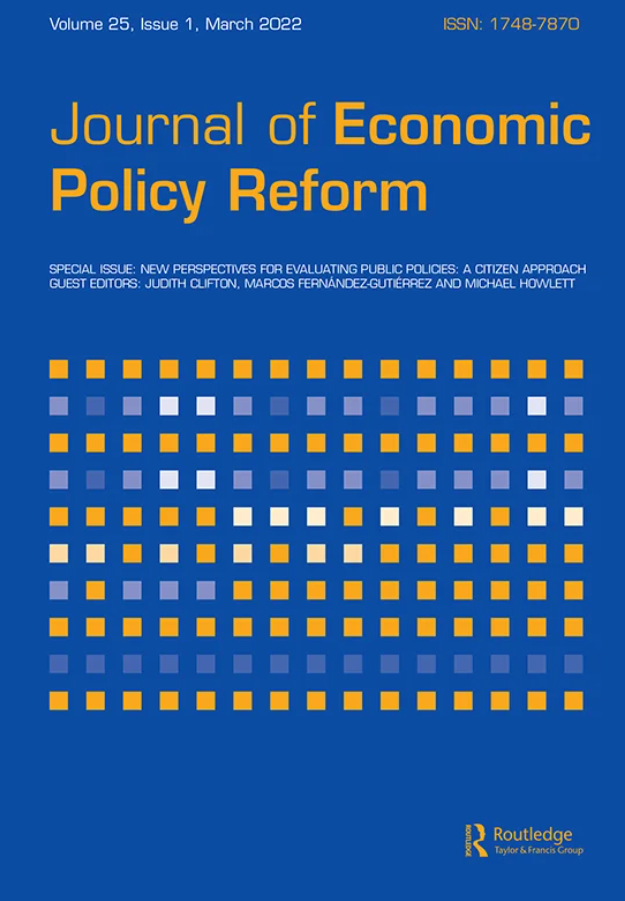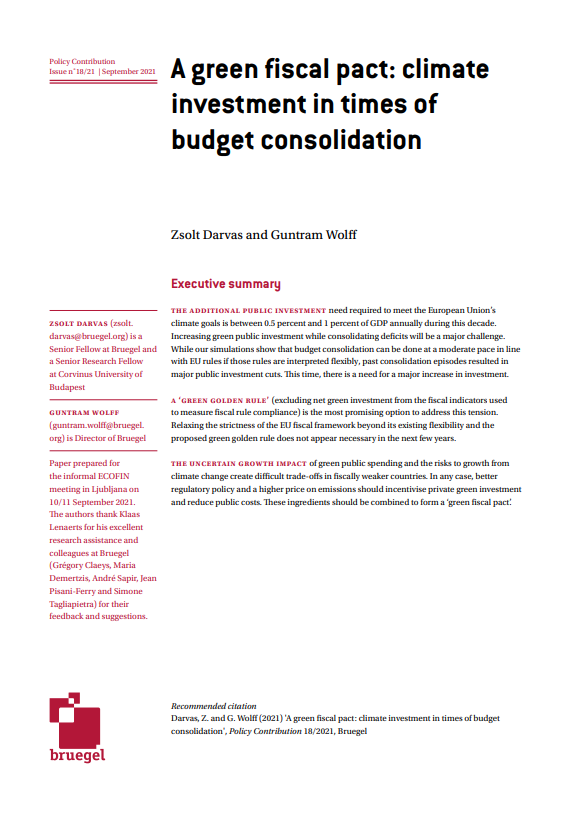Blog Post
What to look out for in the latest European Semester package
Implementation of the European Commission’s country-specific policy recommendations (CSRs) is at a low rate overall. Whether this trend has continued, particularly among those countries judged to have excessive macroeconomic imbalances, will be evident in the soon-to-be-released reports of the Commission.
This Wednesday, the European Commission is expected to adopt the winter package of the so-called European Semester, the cycle of surveillance and coordination of economic policies at the EU level. The package will include the categorisation of countries in the Macroeconomic Imbalances Procedure (MIP) for 2019 and, thus, mark a significant juncture in this year’s process.
Specifically, for a number of member states[1], an in-depth review (IDR) will determine the existence and nature of macroeconomic imbalances and evaluate their gravity. Based on that assessment, the member states will be classified accordingly into groups: countries with no imbalances, those with imbalances, and those with excessive imbalances.
This classification will, in turn, determine the stringency of monitoring that member states will be subject to in relation to their country-specific recommendations (CSRs), as well as the possible enforcement mechanisms available to European institutions in case of poor compliance.
But do countries actually follow the guidance they receive from Brussels on their economic policies? The answer is that so far overall implementation rates have been low[2]. Between 2013 and 2017, the implementation record of member states has ranged from what the European Commission considers “limited progress”[3] to “some progress”[4] (Figure 1).
In addition, implementation has deteriorated over time. This has been the case particularly among countries classified as having excessive imbalances (Figure 2). Whether this trend continued into 2018 remains to be seen on Wednesday, when the Commission’s assessment of progress with last year’s CSRs will be also released.
Notes
[1] Last November, the Alert Mechanism Report concluded that 15 member states were facing significant risk of imbalances. As a result no IDR is carried out for these member states, which are classified in the no imbalances category. Categorisation is pending only for the remaining 13 member states (Bulgaria, Croatia, Cyprus, France, Germany, Greece, Ireland, Italy, the Netherlands, Portugal, Romania, Spain, and Sweden).
[2] The European Commission uses five-point scale to assess implementation of recommendations: “no progress”, “limited progress”, “some progress”, “substantial progress” and “fully addressed”.
[3] “Limited progress” means that the member state: has announced certain measures but these only address the CSR to a limited extent; and/or presented legislative acts in the governing or legislator body but these have not been adopted yet and substantial non-legislative further work is needed before the CSR will be implemented; presented non-legislative acts, yet with no further follow-up in terms of implementation which is needed to address the CSR.
[4] “Some progress” means that the member state: has adopted measures that partly address the CSR; and/or the Member State has adopted measures that address the CSR, but a fair amount of work is still needed to fully address the CSR as only a few of the adopted measures have been implemented. For instance: adopted by national parliament; by ministerial decision; but no implementing decisions are in place.
Republishing and referencing
Bruegel considers itself a public good and takes no institutional standpoint. Anyone is free to republish and/or quote this post without prior consent. Please provide a full reference, clearly stating Bruegel and the relevant author as the source, and include a prominent hyperlink to the original post.













